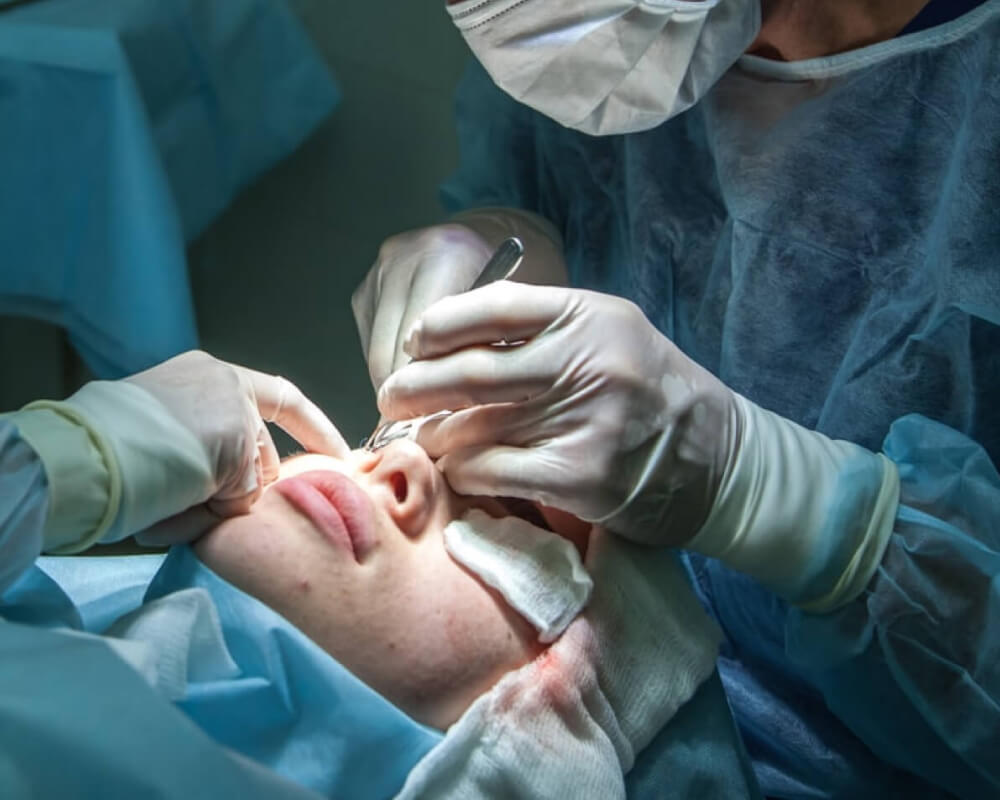WHAT ARE RETINAL DISORDERS, AND HOW ARE THEY CAUSED?
When it comes to transferring images for processing and analysis, the retina serves as the brain’s analogue to the film in a camera. Mild to severe visual impairments can result from retinal damage. Having trouble seeing things is the most frequent problem. These can lead to lifelong issues if not addressed right away. Discussed below are a few of the most typical retinal conditions:
Diabetic Retinotherapy
It is the most prevalent issue associated with those who have diabetes. High blood sugar levels damage the retina’s blood vessels and worsen this condition resulting in blindness in its advanced stages. This issue highlights the need for a yearly screening with your ophthalmologist if you have diabetes.

Retinopathy of Prematurity
ROP is primarily caused due to the abnormal growth of retinal blood vessels, harming premature babies. Blindness and retinal detachment are potential effects.
Age-related macular degeneration
The centre of your retina starts to degenerate when you have macular degeneration, which results in symptoms like a blind spot in the middle of the visual field or hazy central vision. They are two types: wet macular degeneration and dry macular degeneration. The dry form commonly develops initially in many people before progressing to the wet form in either one or both eyes.
Retinal detachment
It is a medical condition where the retina separates from the layer underneath. There is a potential risk of irreversible vision loss if it is not cured properly and on time. One of the most popular tests used to find issues that could reverse the impact of this illness from retinal abnormalities is fluorescein angiography.
RISK FACTORS OF RETINAL DISORDERS
The common risk factors for retinal diseases are as follows.
- Ageing
- Smoking
- Being obese
- Having diabetes or other diseases
- Eye trauma
- A family history of retinal diseases
SYMPTOMS
There are some common indications and symptoms among several retinal disorders. These may consist of:
- Seeing cobwebs or floating particles
- Blurred or distorted vision
- Defects in the side vision
- Lost vision
TREATMENT
Typically, there are no symptoms of retinal diseases in the primary stage. However, you may experience the above symptoms in the later stages if not treated on time. The ophthalmologist may suggest undergoing retinal surgery considering the type and stage of the retinal disorder.
FACILITIES FOR DIAGNOSIS AT DEVANSH EYE CLINIC
At Devansh Eye Clinic, you can expect a smooth surgery experience with advanced techniques and the latest types of equipment. We have an experienced pool of doctors with years of experience treating retinal disorders.
We at Devansh Eye Clinic offer the following tests including scanning for the diagnosis of retinal diseases:
- Ophthalmoscopy
- Optical coherence tomography
- Fundus camera
We use our personalized approach to recommend the safest and most comfortable procedure to our patients after extensive research on the type and history of the diagnosis.
We understand our patient’s state of mind before the surgery, which is why we offer the best care before and afterwards. We take absolute honour and delight in providing such a procedure that feels effortless to our patients.
Devansh eye clinic has been healing retinal disorders for over 16+ years. We are on a mission to provide international-level treatment to our patients at prices that don’t dig a hole in patients’ pockets, improving their visions and changing their lives and making them even more beautiful.